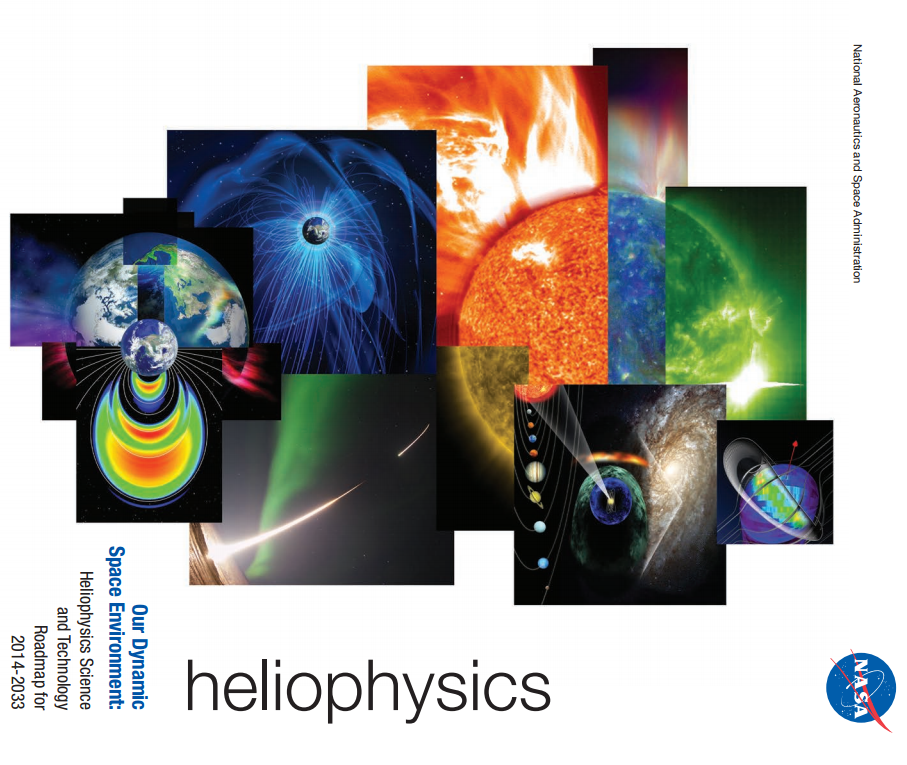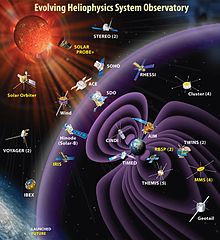Heliophysics: Difference between revisions
Siterunner (talk | contribs) No edit summary |
Siterunner (talk | contribs) No edit summary |
||
| Line 6: | Line 6: | ||
Understanding the Sun, Heliosphere, and Planetary Environments as a single connected system is the goal of the Science Mission Directorate's Heliophysics Research Program. | Understanding the Sun, Heliosphere, and Planetary Environments as a single connected system is the goal of the Science Mission Directorate's Heliophysics Research Program. | ||
https://science.nasa.gov/heliophysics/focus-areas/solar-science | |||
| Line 36: | Line 38: | ||
[[Category:Heliophysics]] | [[Category:Heliophysics]] | ||
[[Category:NASA]] | |||
[[Category:Solar Energy]] | [[Category:Solar Energy]] | ||
Latest revision as of 14:47, 17 October 2018
http://science.nasa.gov/heliophysics/
The Earth is an island in the Universe where life has developed and flourished. The origins and fate of life on Earth are intimately connected to the way the Earth responds to the Sun's variations.
Understanding the Sun, Heliosphere, and Planetary Environments as a single connected system is the goal of the Science Mission Directorate's Heliophysics Research Program.
https://science.nasa.gov/heliophysics/focus-areas/solar-science
○
Cecilia Payne-Gaposchkin
“The Most Brilliant Ph.D Thesis Ever Written in Astronomy”
https://www.radcliffe.harvard.edu/schlesinger-library/item/cecilia-payne-gaposchkin
https://en.wikipedia.org/wiki/Cecilia_Payne-Gaposchkin
Dr. Payne-Gaposchkin found that helium and particularly hydrogen were vastly more abundant (for hydrogen, by a factor of about one million). Thus, her thesis established that hydrogen was the overwhelming constituent of the stars, and accordingly was the most abundant element in the Universe.
○ ○ ○ ○ ○ ○ ○ ○ ○ ○ ○ ○ ○ ○ ○ ○ ○ ○ ○
http://en.wikipedia.org/wiki/Heliophysics
http://science.nasa.gov/media/medialibrary/2015/04/07/2014_HelioRoadmap_Final_Reduced.pdf

